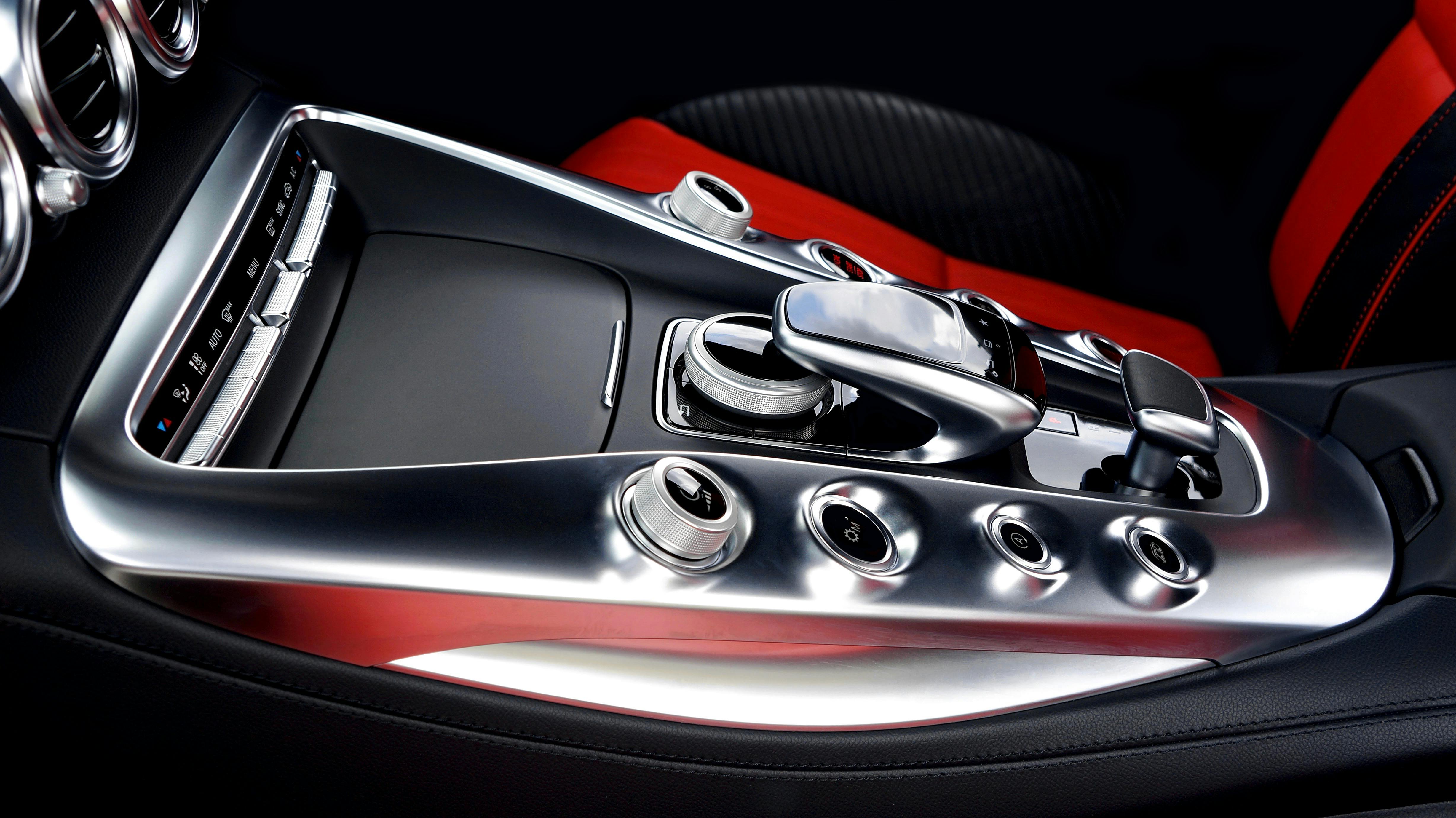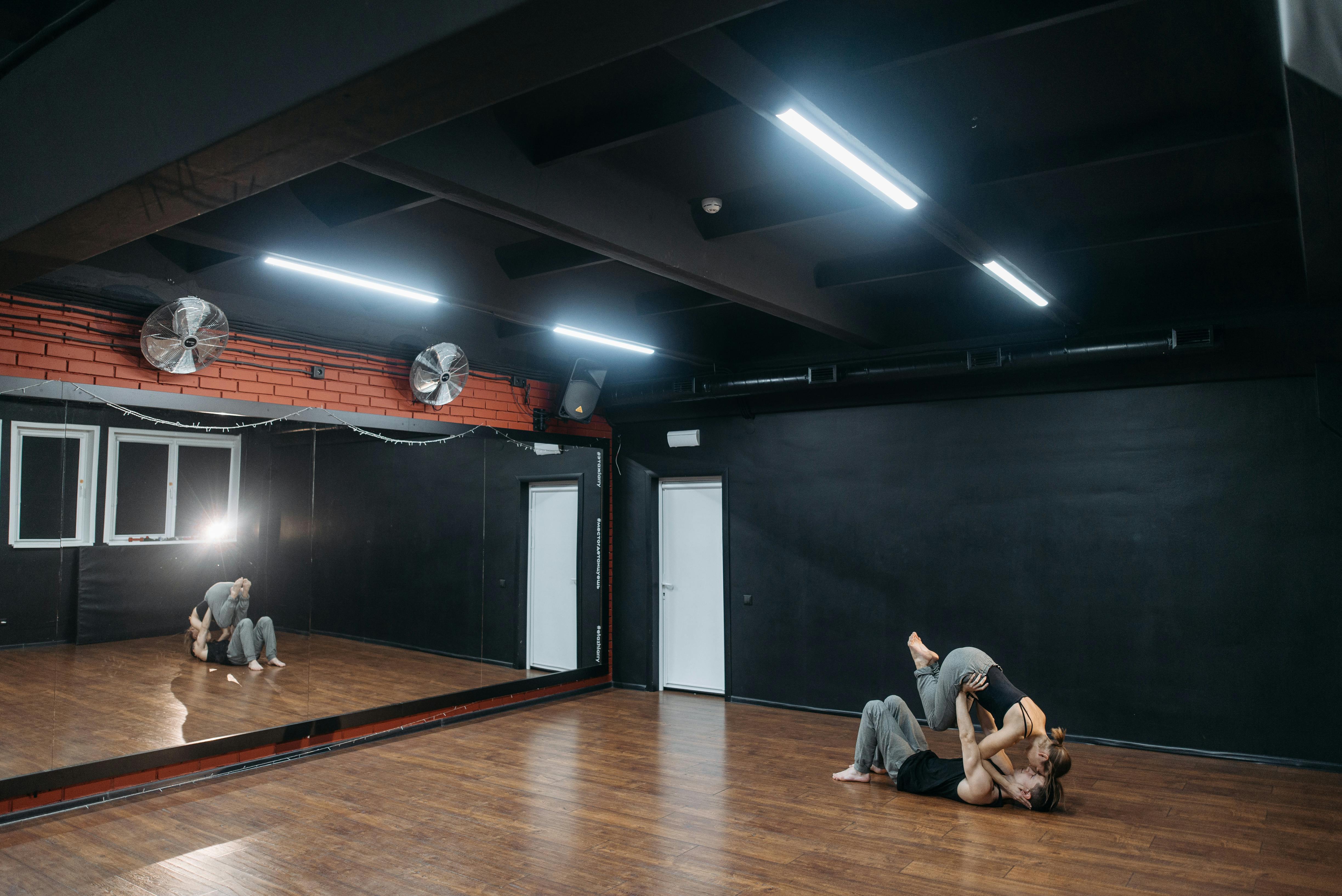
Manchester – one of the UK’s leading event cities
Manchester is recognized as one of the UK’s most progressive and respected cities for music and the arts. In recent years, Manchester has become a bustling and cosmopolitan city, increasingly famous for its shops and international event venues that attract thousands of national and international visitors each year. But it is Manchester’s industrial and working-class background that has had the most significant influence on the unique styles of music that have spawned over the years.
In the 1960s Manchester produced groups such as the Hollies, Herman’s Hermits and the Bee Gees, who grew up in Chorlton before emigrating to Australia, but it was in the late 1970s that Manchester began to truly compete with London as the music capital of the United Kingdom. The Buzzcocks, The Fall, Joy Division (later New Order) emerged on the live music scene bringing with them a distinctive sound that reflected the nature of their hometown. The 1980s bought bands like the Happy Mondays, the Inspiral Carpets, James and The Stone Roses. These groups came from what became better known as the “Madchester” scene which also centered around the famous Hacienda nightclub developed in part by Factory Records founder Tony Wilson. Other notable acts to emerge from the Manchester scene include Take That and Simply Red. Greater Manchester natives include A Guy Called Gerald, The Verve’s Richard Ashcroft and Jamiroquai’s Jay Kay.
Manchester has numerous music venues and boasts the world’s busiest arena in the form of the Manchester Evening News Arena. When it comes to concert goers, the MEN is ahead of Madison Square Garden in New York and the O2 Arena in London. The MEN has a capacity for more than 21,000 people and is the largest stadium of its kind in Europe. Other major venues include the Manchester Apollo along with the Manchester Academy. Smaller popular venues include Band on the Wall Roadhouse, Night and day Cafe, Ruby Lounge and The Deaf Institute.
Manchester has two symphony orchestras, the Hallé and the BBC Philharmonic, as well as a chamber orchestra, the Manchester Camerata. Throughout the 1950s, the city was home to the so-called ‘Manchester School’ of classical composers, including Harrison Birtwistle, Peter Maxwell Davies, David Ellis and Alexander Goehr. Manchester is also home to the Royal Northern College of Music and Chetham’s School of Music, making it a center for music education. Manchester’s main classic venue was the Free Trade Hall on Peter Street, this was before the opening of the 2,500 seat Bridgewater Hall in 1996.
Manchester has a large theatre, opera and dance scene, and is home to a number of major venues for performance events, including Manchester Opera House, which puts on large-scale touring shows and West End productions; the Palace Theater; the Royal Exchange Theater in the old Manchester Cotton Exchange; and the Lowry Centre, a touring venue in Salford that often hosts performances by Opera North.
More compact performance spaces include the Library Theatre, a production theater in the basement of the Central Library; the Green Room; the Contact Theater; and Salford Study. The Dancehouse is dedicated to dance performances.
Manchester also has a variety of conference event venues to suit events of any size, including the Manchester Central Convention Complex and Kings House Conference Centre, as well as a host of hotels that have corporate facilities.
Whatever your event, Manchester has a venue to suit your needs.




No Comment